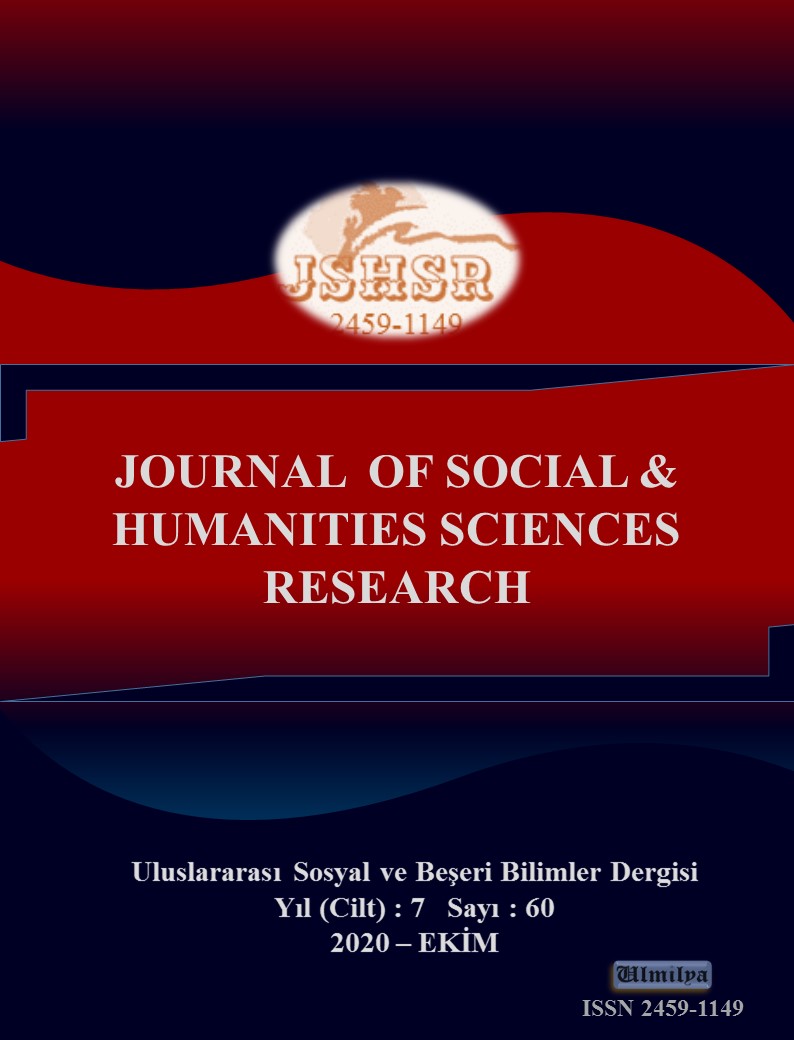A FRAMEWORK FOR ASSESSING SOCIAL SUSTAINABILITY FROM THE PERSPECTIVE OF BUILT ENVIRONMENT
DOI:
https://doi.org/10.26450/jshsr.2130Keywords:
Social sustainability, built environment, aesthetic spatial quality, functional spatial quality, social sustainability assessment frameworkAbstract
Social sustainability, which aims to define, regulate, and develop social life based on human and human relations and interactions in social life, requires a multi-faceted and in-depth understanding of the relation between the built environment and society. Considering that social sustainability is fundamentally related to how people feel and behave in the built environment, the effect of the built environment on the social interactions, sense of place, sense of social ties and community, sense of safety and security, health and physical well-being, and community participation highlights the importance assessing the spatial quality of the built environment in terms of social sustainability. Based on these considerations, this study tries to answer two crucial questions regarding social sustainability: (i) With what approach and by what criteria should the built environment be addressed in order to improve social sustainability through the built environment? (ii) What method should be followed in terms of expressing the spatial characteristics of the built environment directly related to social sustainability? Thus, this study proposes a novel assessment framework, which associates the aesthetic and functional quality of the built environment with its various spatial attributes at different spatial levels, for the assessment of social sustainability.
Downloads
Published
How to Cite
Issue
Section
License
Copyright (c) 2020 INTERNATIONAL JOURNAL OF SOCIAL HUMANITIES SCIENCES RESEARCH

This work is licensed under a Creative Commons Attribution 4.0 International License.


